All over the world, pigs are raised on farms to be slaughtered for meat consumption, but did you know that pigs are exceptionally smart animals? In fact, they’re second in intelligence only to chimps and dolphins! Here are 10 facts about farm pigs that will give you an inside look into how they live, breed, eat and even sleep while they’re being prepared to become delicious bacon. This article was written by an accomplished blogger and has been shared all over the internet! Check out this article to learn more about farm pigs!
1) The average pig could swim 2 miles
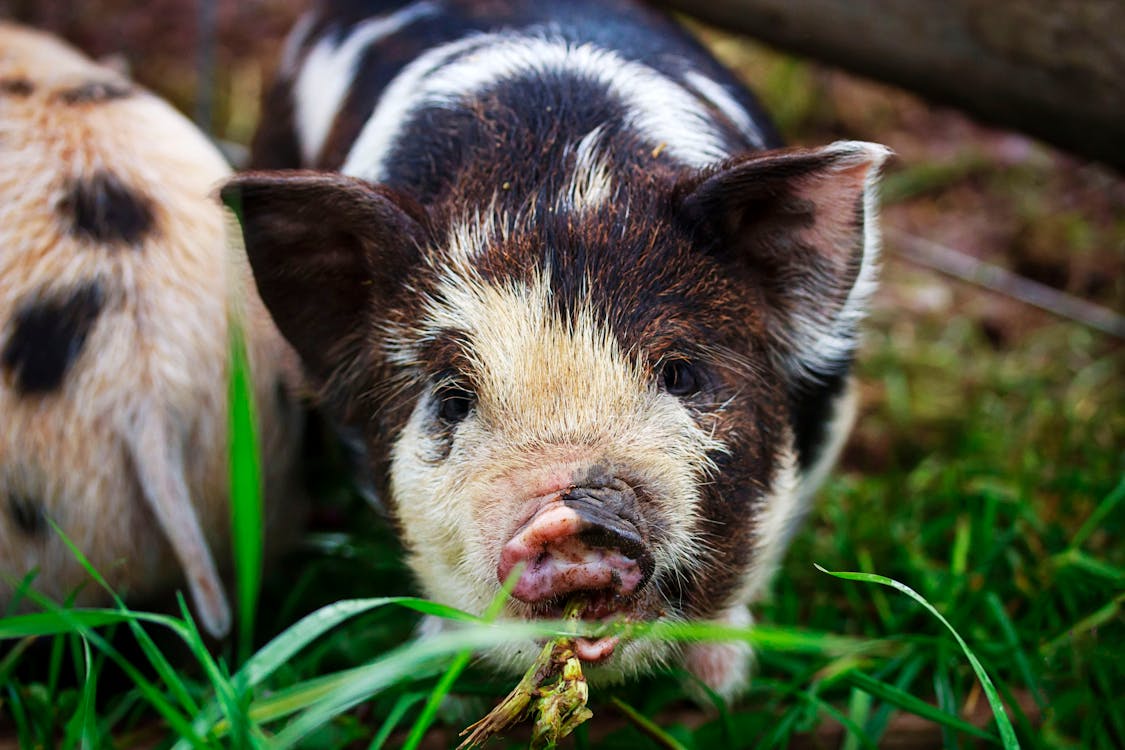
Pigs are incredible swimmers and have been known to swim up to 2 miles at a time. Pregnant sows may even seek out water in order to help keep their unborn piglets safe and cool. Even though pigs may seem lazy, they’re actually very good at foraging for food on their own. They are highly intelligent animals with the ability to solve problems, use tools and remember things from their pasts that we could never imagine.
2) They can be bred in three months
Pigs are a very intelligent animal, and farmers have found that breeding pigs can be a much more difficult task than it would seem. In the wild, pigs will mate for up to five minutes, but domesticated pigs need to be taught how to mate. Farmers also have to worry about whether or not the sow is in heat, which can make things even more confusing.
3) Their tail can regrow if it’s been chopped off
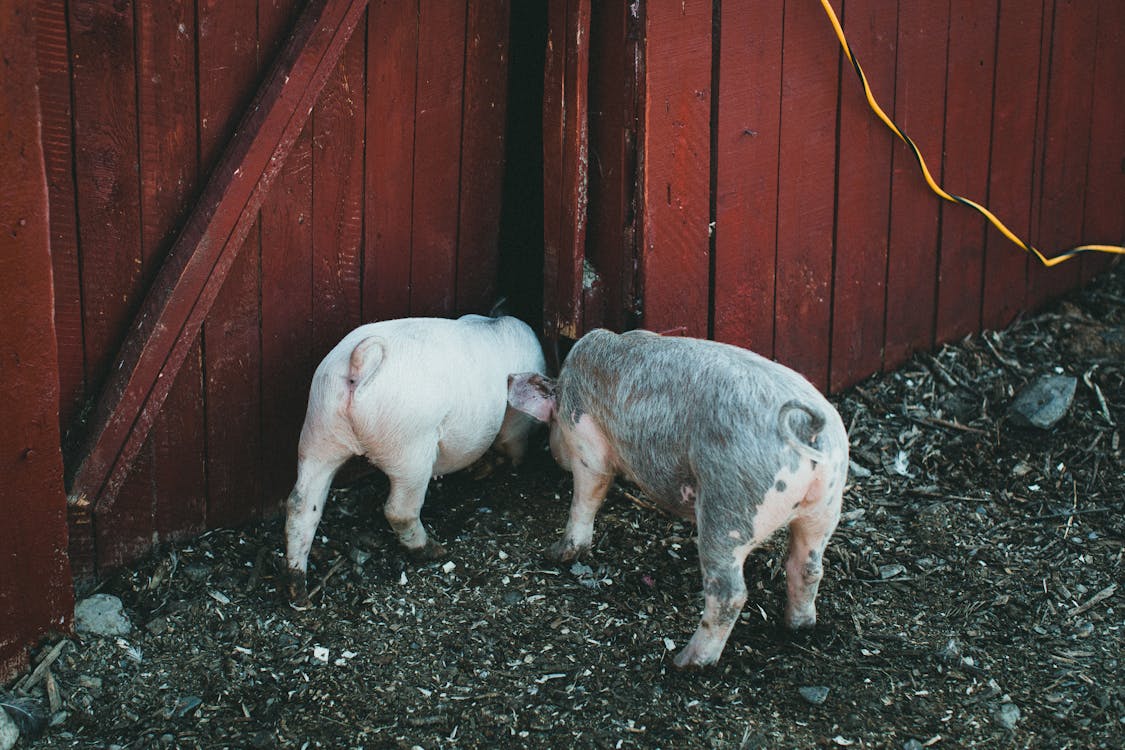
Pigs are actually pretty cool animals. They’re smart, they’re social, and they even have the ability to regrow their tail if it’s been chopped off! The only animals pigs cannot get along with are those that hunt them in the wild (like wolves).
4) Piglets can eat 20 pounds a day
Piglets are born with an instinct to root and to search for food, which is why they need plenty of protein-rich milk. That’s why farmers feed them around 20 pounds a day in the first few weeks of their life. They grow so fast that they can weigh up to 600 pounds by the time they’re six months old.
5) Farm pigs live two years longer than wild ones
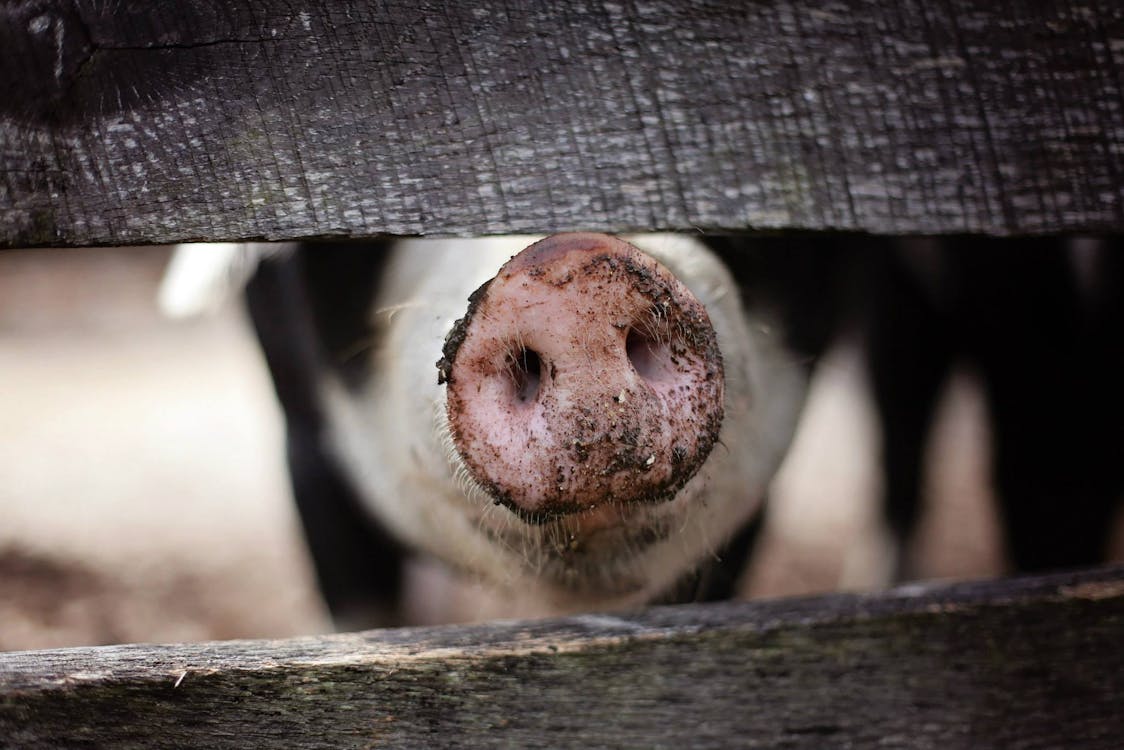
Farm pigs live two years longer than wild ones, and as a result they have to endure less abuse.
Farm pigs are often socialized with humans, meaning they will be more docile and easier to handle. The reason for the increased lifespan is because farm pigs eat better, and receive veterinary care when needed. And because of the healthier diet, their immune systems are stronger against diseases. In addition to that, many states require that all slaughterhouses provide humane euthanasia for farm animals who can no longer walk on their own or who have health problems severe enough that it would be inhumane not to put them down painlessly
6) A wild boar can travel 30 miles in one night
Pigs are amazingly smart and social animals. They’re also very strong, capable of moving up to 30 miles in one night. They have a keen sense of hearing and can find food underground just by listening for it. However, they don’t have a good sense of smell so they often rely on their strong sense of hearing and sniffing out food sources.
7) They have very poor vision
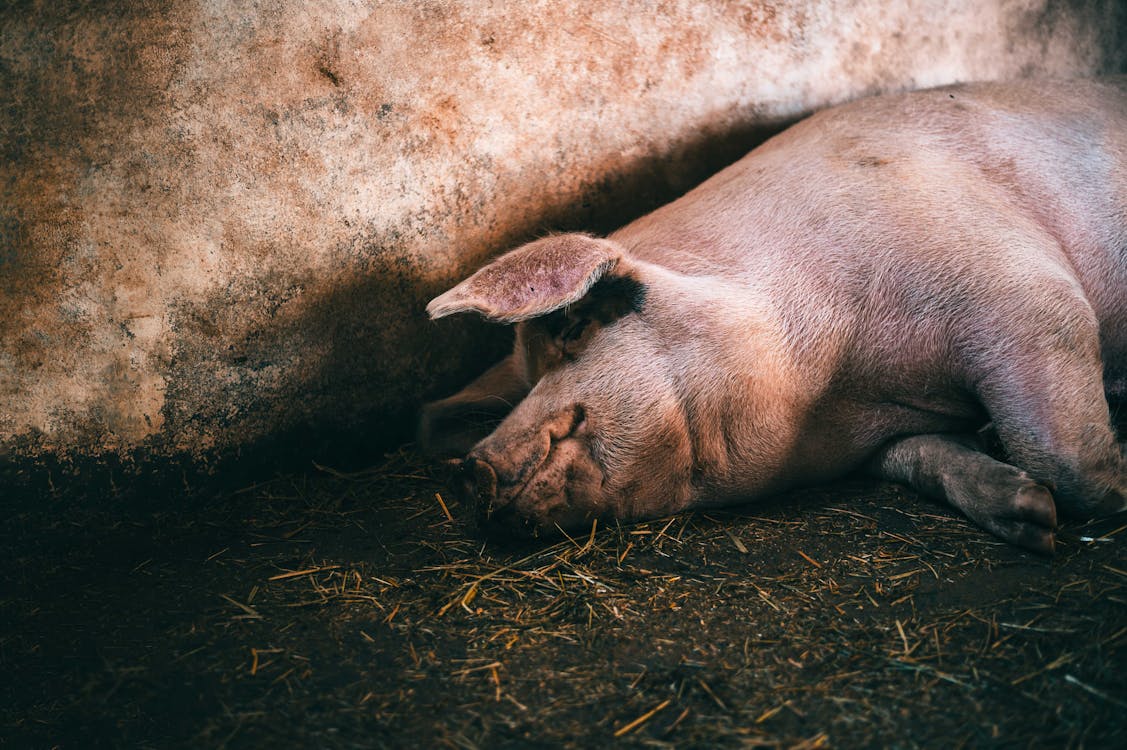
Pigs are nearsighted and colorblind, so they depend on their sense of smell. Despite being known as the otter species in the animal kingdom, they have a cloven hoof like cattle, not webbed toes like otters. They also don’t have sweat glands (like humans) but instead pant to cool down.
8) They’re smart and fast learners
Farm pigs are amazing animals and they’re incredibly smart. They learn at a very fast rate and can remember things that they’ve learned in the past. In fact, if you train a farm pig to do something once, it will retain the knowledge for over 3 years.
9) Like us, they have fingerprints
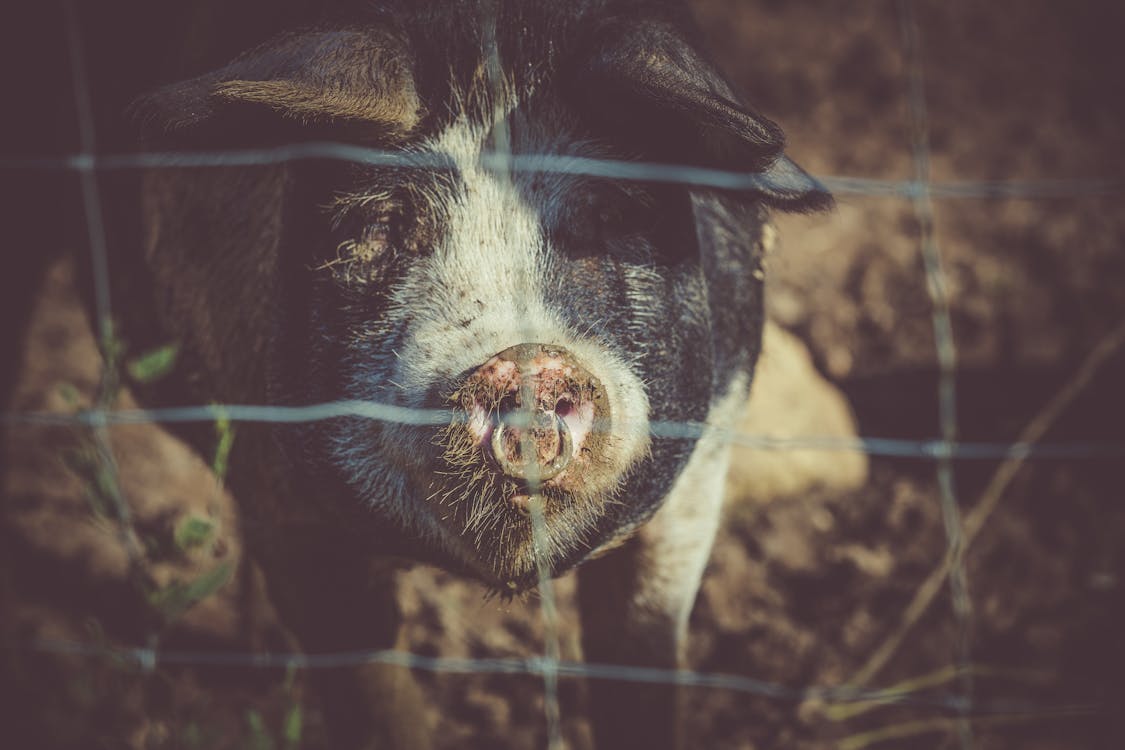
Just like humans, pigs have fingerprints. They use their hooves to find food and water. They are very social animals and prefer to be in groups. And the most amazing fact? Baby pigs are born with spots on their skin!
10) We share 96% of their DNA
Farm pigs are more closely related to us than their wild relatives. They share 96% of the same DNA as humans, which is five times as much as a mouse shares with us. This means that they’re genetically closer to us than we are to a rat.
